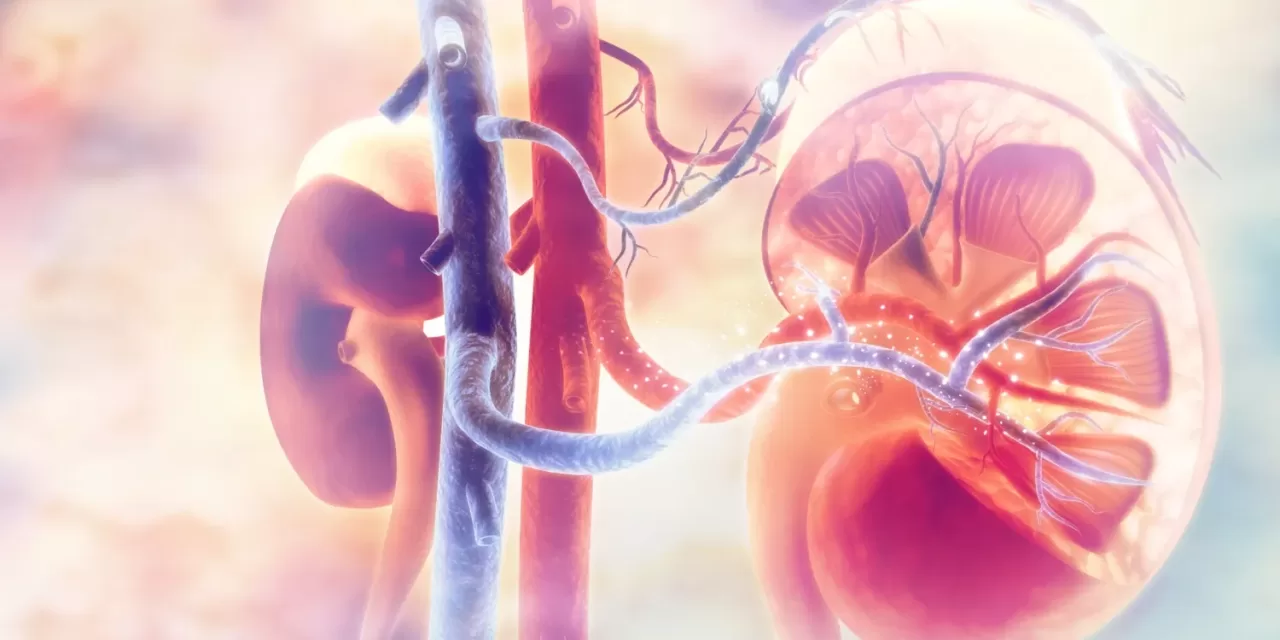A new study reveals that COVID-19 survivors experience a more pronounced decline in kidney function compared to individuals recovering from pneumonia caused by other infections. The findings highlight the unique and long-term impact of COVID-19 on kidney health, particularly for those requiring hospitalization.
Key Findings
Researchers found that the decline in kidney function, measured by the estimated glomerular filtration rate (eGFR), is steeper in COVID-19 survivors than pneumonia patients. This decline is especially significant among individuals who were hospitalized due to COVID-19, according to the study published in JAMA Network Open.
Prior to infection, eGFR changes were minimal across both groups. However, after infection:
- COVID-19 survivors experienced an annual average eGFR decline of 4.1 mL/min/1.73 m².
- Pneumonia patients showed a decline of 2.3 mL/min/1.73 m².
- Among hospitalized COVID-19 patients, the annual decline rose to 5.4%, compared to 2.3% in hospitalized pneumonia patients.
Additionally, the risk of a 25% reduction in eGFR was higher in COVID-19 patients (hazard ratio [HR], 1.19) compared to pneumonia patients. This risk was even greater for those who required hospitalization (HR, 1.42).
Study Overview
The research was led by Viyaasan Mahalingasivam, MPhil, from the London School of Hygiene & Tropical Medicine, and analyzed data from the Stockholm Creatinine Measurements Project. The study included:
- 134,565 COVID-19 patients (median age: 51 years; 55.6% women) diagnosed between February 2020 and January 2022.
- 35,987 pneumonia patients (median age: 71 years; 53.8% women) diagnosed between February 2018 and January 2020.
Among the COVID-19 group, 13.3% required hospitalization within 28 days of their diagnosis, compared to 46.5% of pneumonia patients.
Implications for Healthcare
“These findings help inform decisions regarding the need to monitor kidney function in survivors of COVID-19 and could have implications for policymakers regarding future healthcare planning and kidney service provision,” the authors stated.
The study underscores the necessity for long-term monitoring of kidney health in COVID-19 survivors, especially those hospitalized during their illness.
Limitations and Funding
The study acknowledges several limitations, including:
- A lack of data on ethnicity and body mass index.
- Insufficient follow-up duration to fully assess long-term kidney health.
- Potential misclassification of some nonhospitalized patients.
The research was supported by grants from institutions such as the National Institute for Health and Care Research, the Swedish Research Council, and the Stig and Gunborg Westman Foundation.
Conclusion
As the long-term impacts of COVID-19 continue to emerge, this study highlights a critical area of concern: kidney health. With a greater decline in kidney function observed in COVID-19 survivors compared to pneumonia patients, these findings call for enhanced monitoring and healthcare strategies to address the needs of affected individuals.












